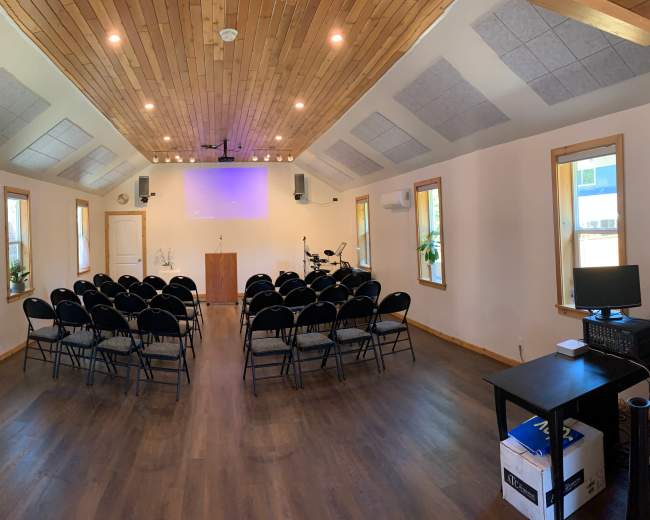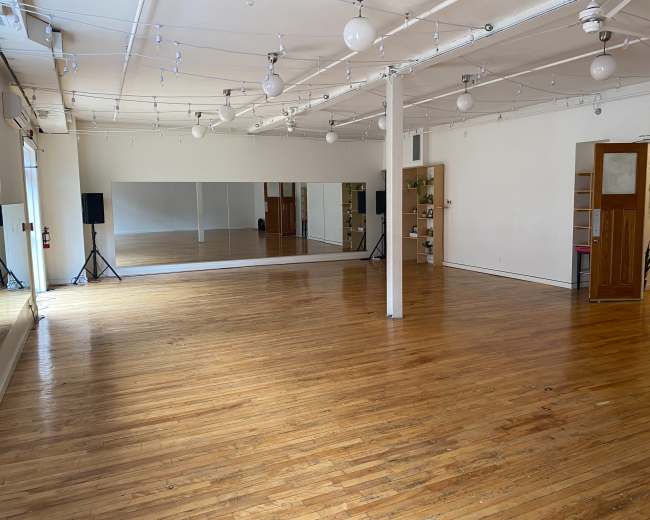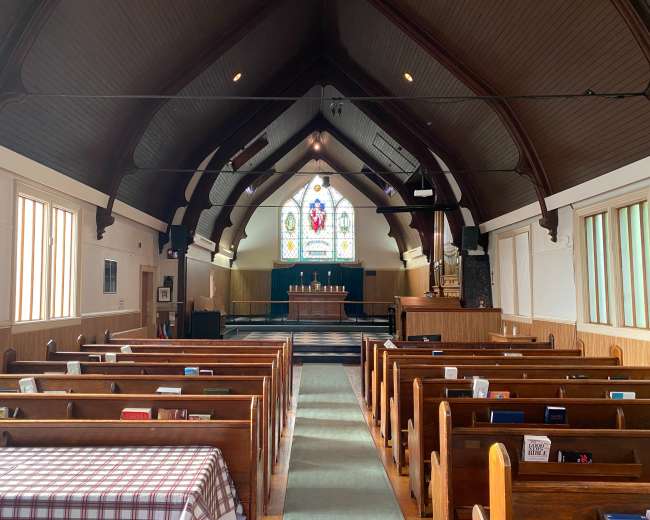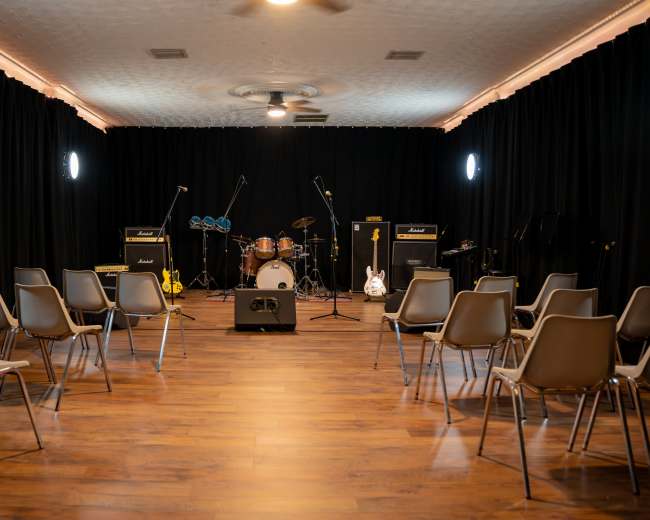How chapels work on Peerspace
Peerspace is the easiest way to book unique church spaces for meetings, team building, fashion shows, events and more.
Inspiring spaces
Every day we uncover new, creative spaces, including chapels, perfect for your activity.
Honest pricing
Our churches are priced to fit your budget. Hire by the hour without worrying about hidden fees.
Smooth bookings
No more messy contracts. We build the tools to make booking chapels as easy as the click of a button.
Popular church spaces
Small renovated vintage church near YVR airport
Richmond, BC4.9 (16)
40 guests
Society Clubhouse
Toronto, ON4.8 (4)
200 guests
Stunning Sanctuary Equipped for a Large Meeting
Vancouver, BC5.0 (19)
90 guests
Main Stage Rehearsal Studios
Hamilton, ON4.5 (2)
20 guests
Frequently Asked Questions
Pricing information in this section is based on proprietary data from bookings made on Peerspace from 2016-2026.
How much does a church space cost to rent?
Church spaces average $111 per hour to rent, but it’s easy to spend less or more depending on what you’re looking for. For a space on the smaller side, expect to spend closer to $62, whereas larger venues run about $120 per hour.
How to MC a church service?
MCing a church service may strike some as modern, but the practice in Christian churches dates all the way back to the 5th century. The MC is responsible for the smooth flow of events throughout a church service, from welcoming guests as they arrive in your church venue all the way to closing out ceremonies at the end of the service. The MC will most often step into the service during times of transition, thanking a speaker or singer for their service, possibly leading the group in a short prayer section, and then welcoming the next person to the forefront. When done well, an MC's presence helps the entire service feel more unified and joyful.
How to organize a church event
The fundamentals of organizing a church event aren't especially different from organizing any other type of event. If you don't have a venue already, you'll want to reserve a gorgeous church event venue with ample seating and, if possible, sound equipment you can use. Next, make a clear plan for the event, and write it down. Collaborate with any other church members who may need to be involved, and make sure everyone understands their role. Once the basics are in place, you can focus on publicizing your event and sending out invites to church members. If you organize your church event well in advance of the date it's supposed to take place, you can remind the congregation during services in the weeks leading up to it to maximize participation.
How to plan a church service
Planning a church service differs by denomination and among specific congregations, but most church services feature similar activities. Start with guests' arrival, and consider what's happening on "stage" (even if there's no literal stage). Usually, services begin with a time of music and worship, as well as an opening prayer. Coordinate with your praise and music team to list what songs will be performed. Next, ensure the minister has a well-defined plan for their sermon. If there's a time of offering, decide where in the order of events that will occur. Write out a full plan that includes transitions, specifying who should be on stage at any given time. Of course, before you begin writing your service plan, reserve a beautiful church service venue so you have a clear vision of how your entire service will work within the space.



